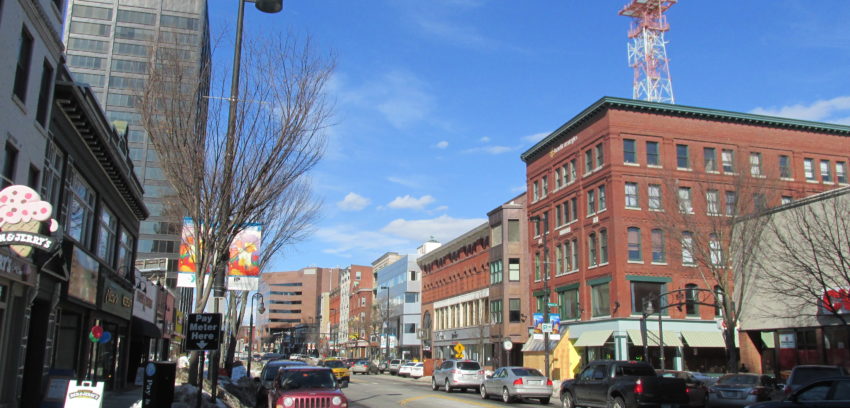In 2017, President Trump claimed he won the state of New Hampshire in the 2016 election — a state that in fact, he lost to former Secretary of State Hillary Clinton — because it was a “drug-infested den” that needed his help. But since his inauguration, the epidemic continues to ravage New Hampshire communities such as Manchester, where overdoses are skyrocketing this year.
According to a review by American Ledger, opioid overdoses in Manchester — where the President is campaigning Thursday — are up by 13% this year alone, many of which are caused by users unknowingly mixing Fentanyl, a synthetic form of Heroin, with prescription opioids, often leading to overdoses, and in many cases, death.
Despite the fact that the crisis is escalating in parts of New Hampshire, President Trump claimed he has already fixed the opioid crisis in the U.S., citing “results that are unbelievable.”
And in January 2017, during a call with the President of Mexico, President Trump made his comment claiming that he won the state of New Hampshire in the 2016 election because it was a “drug-infested den.” After a transcript of the call became public that August, the comment was widely rebuked across the state.
In total in 2018, 471 deaths were caused by drug overdoses in New Hampshire, a sharp rise from 2013, where 200 overdose-related deaths were recorded.
The compounding crisis, and the President’s record since taking office, has left many to wonder whether the Trump White House is taking the situation seriously at all.
To date, the Trump Administration has not committed to extending grants to address the crisis – $3.3 billion approved with bipartisan support – past next year. And after assuming office, instead of declaring the opioid epidemic a “national emergency,” Trump declared the crisis a “public health emergency” — a move that does not provide any additional funding to combat it.
Furthermore, former addicts who have fallen victim to the crisis are typically in need of rehabilitation programs and medication to help curb withdrawal symptoms and help them step foot on a path to recovery.
But Trump’s 2020 budget proposal is slated to cut Medicaid by $1.5 trillion over 10 years, allocating $1.2 trillion state block grant programs, which could severely slash the amount of coverage received by recovering addicts who are enrolled in Medicaid.
In total, in 2017 over 47,000 Americans died of an overdose related to opioid addiction — an alarming figure that could climb higher nationally, and in communities like Manchester, where the President’s lack of action is continuing to take a toll. With so much at stake, it remains unclear if families New Hampshire will ever see meaningful action from the White House beyond empty promises and outrageous insults.

